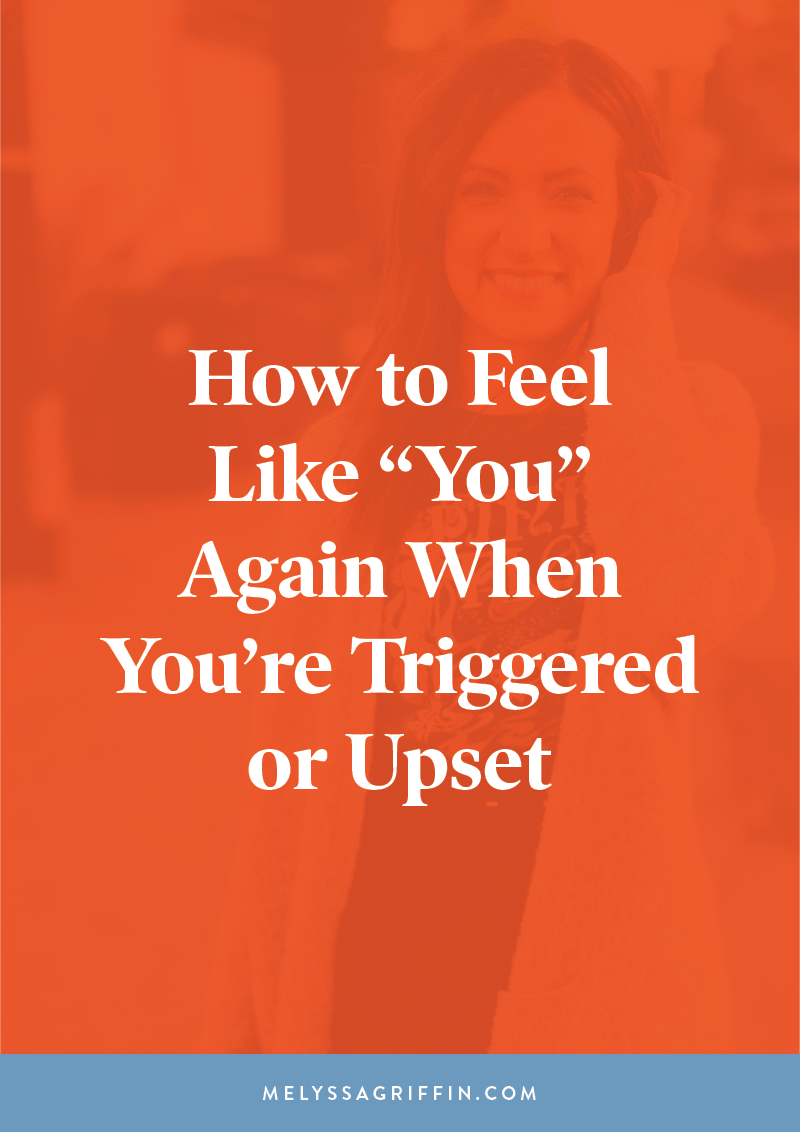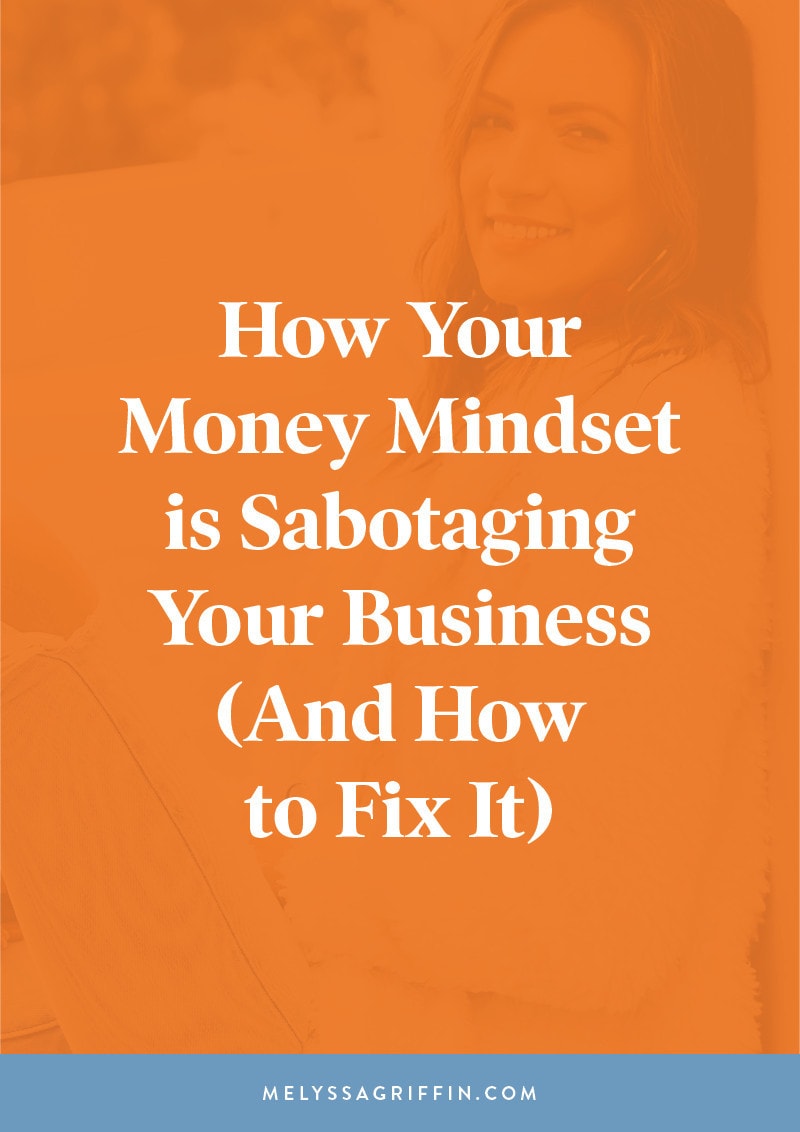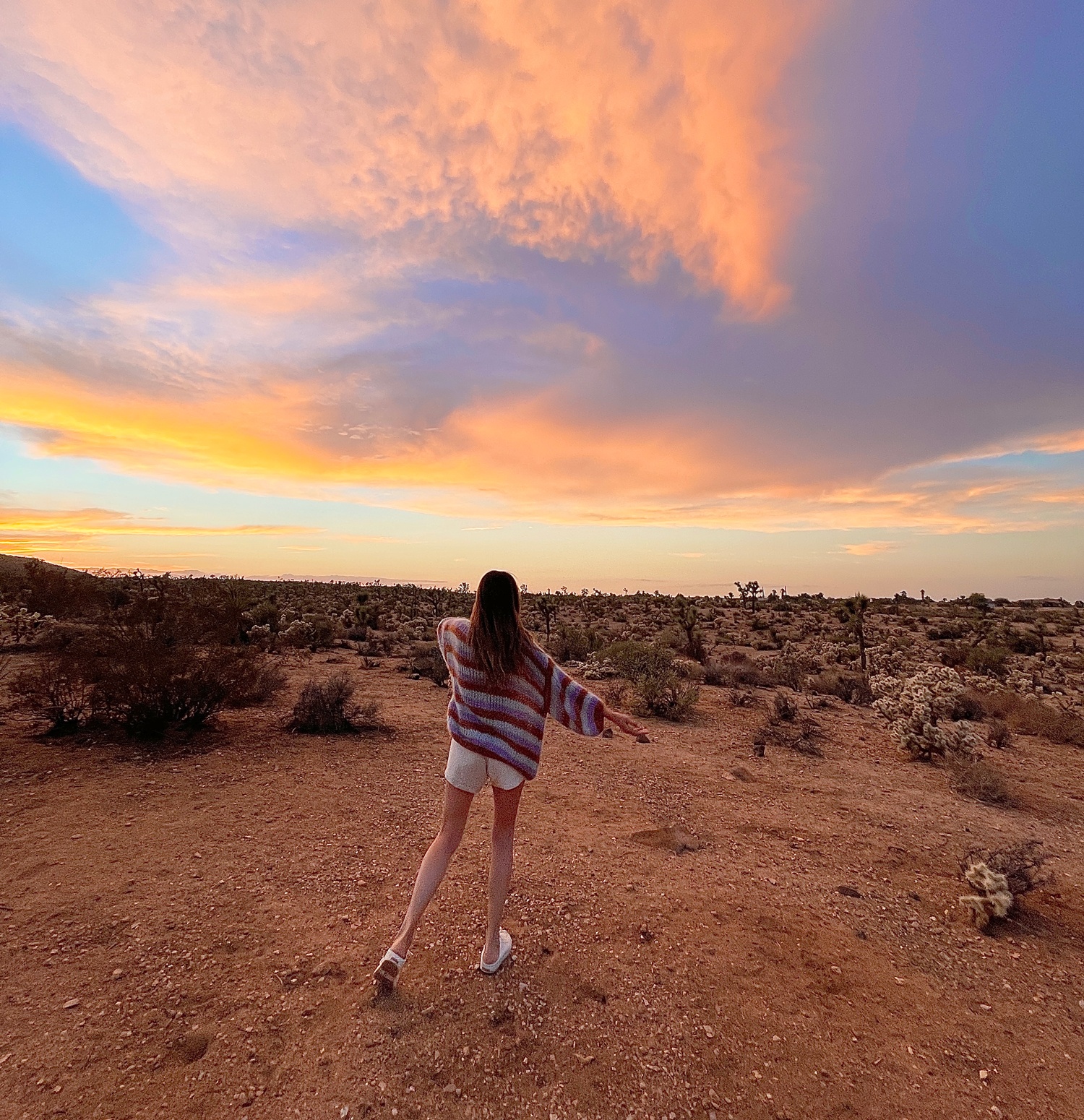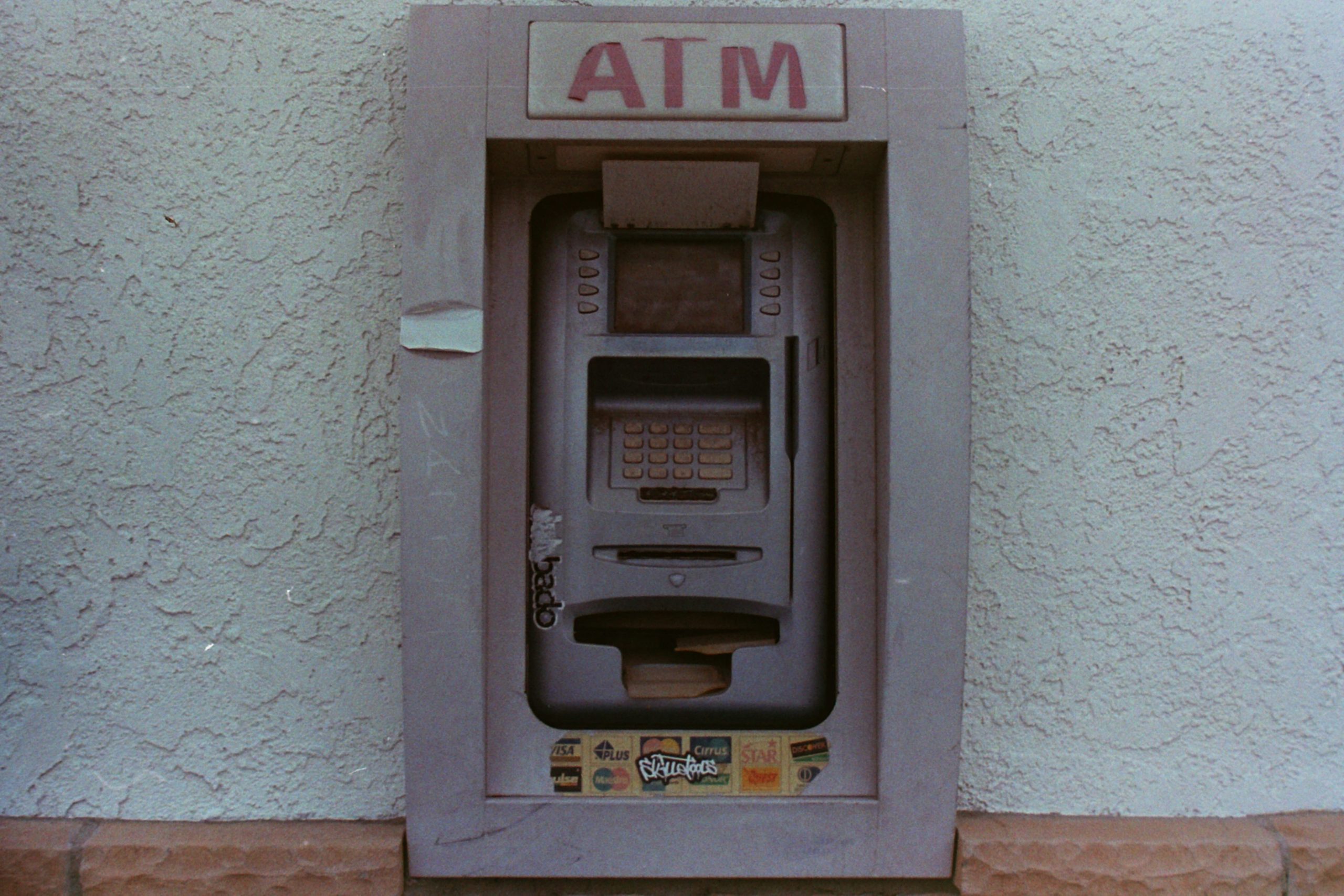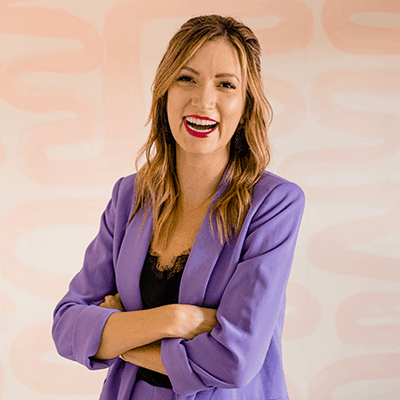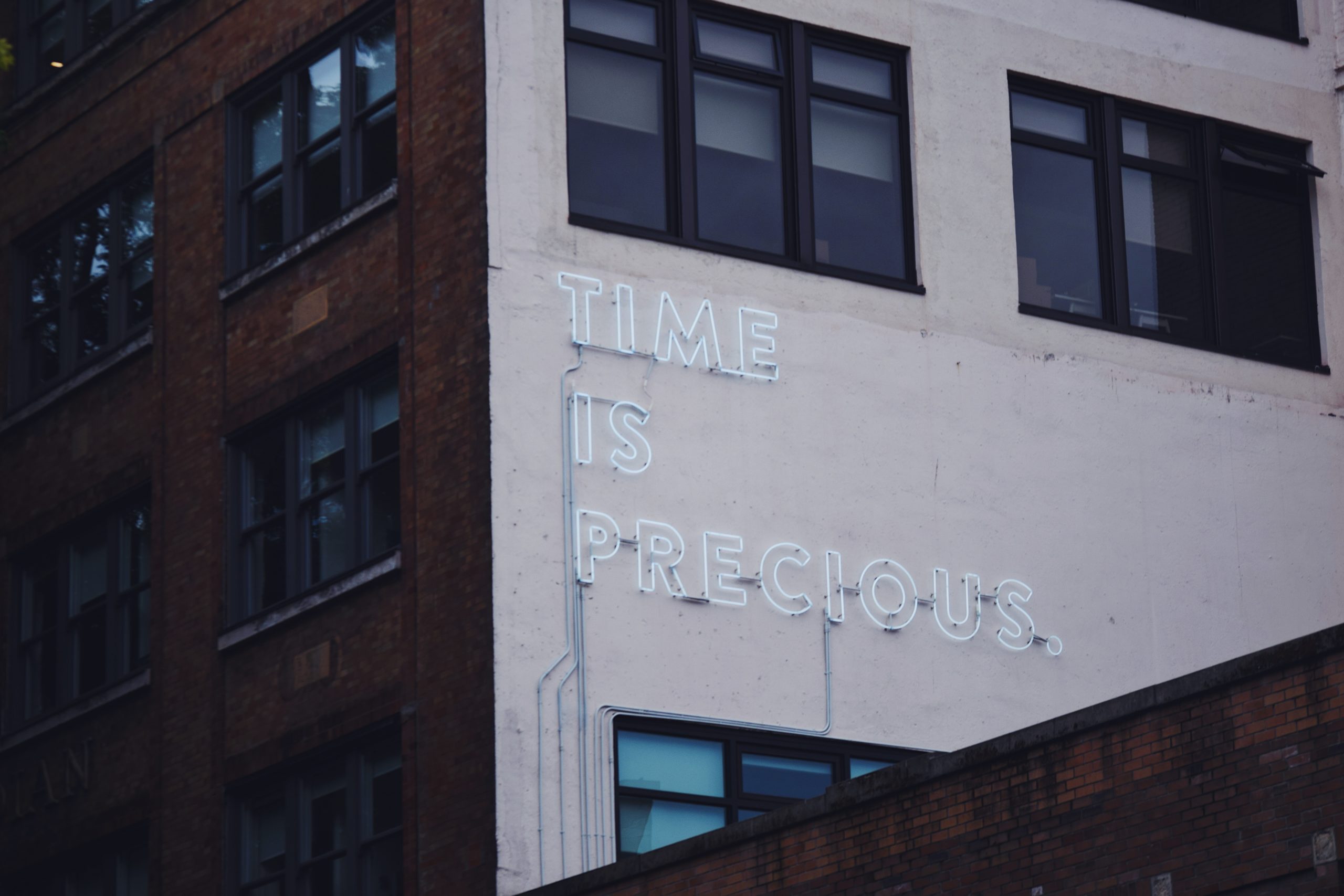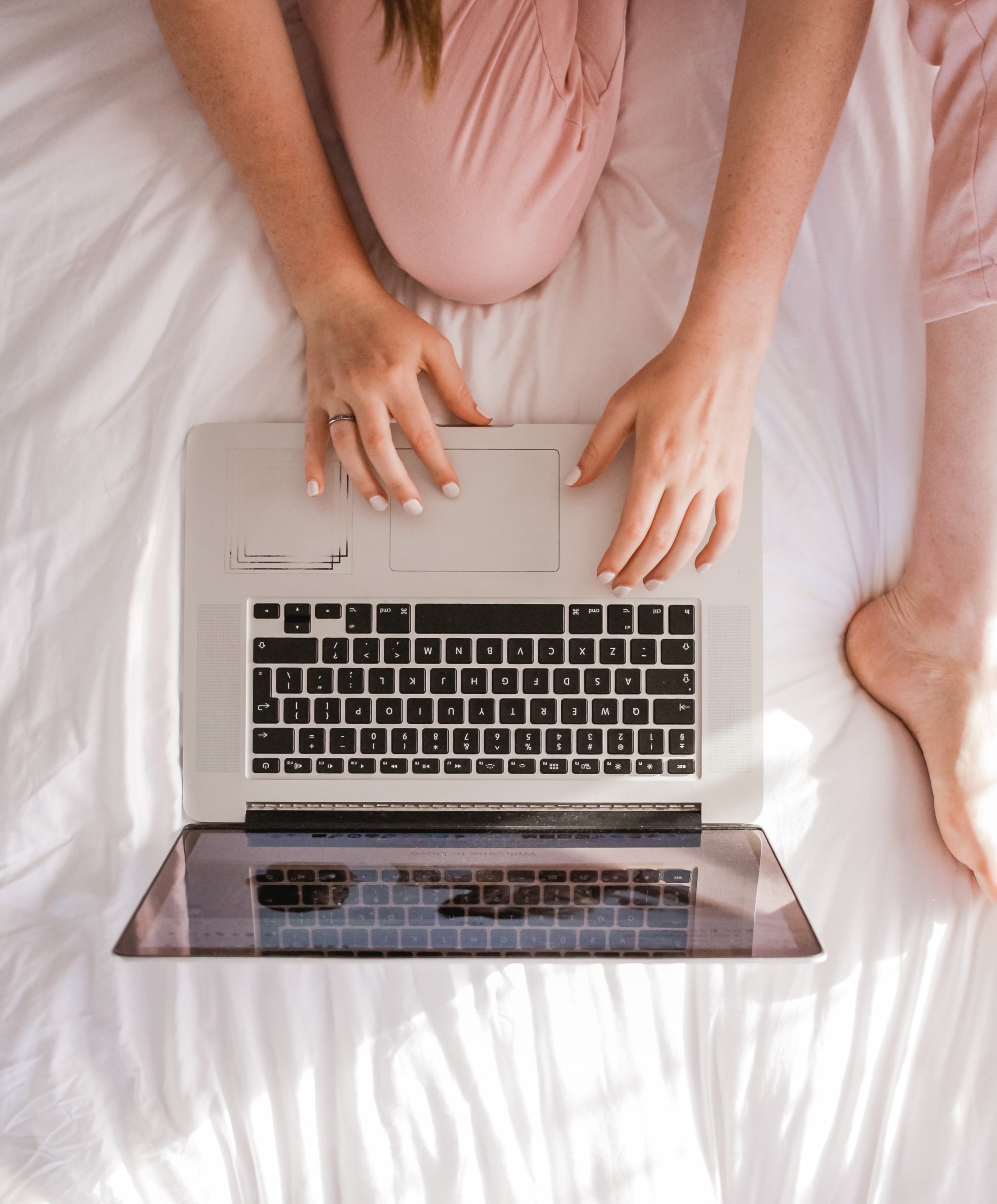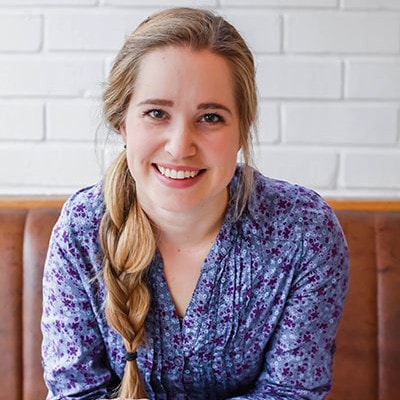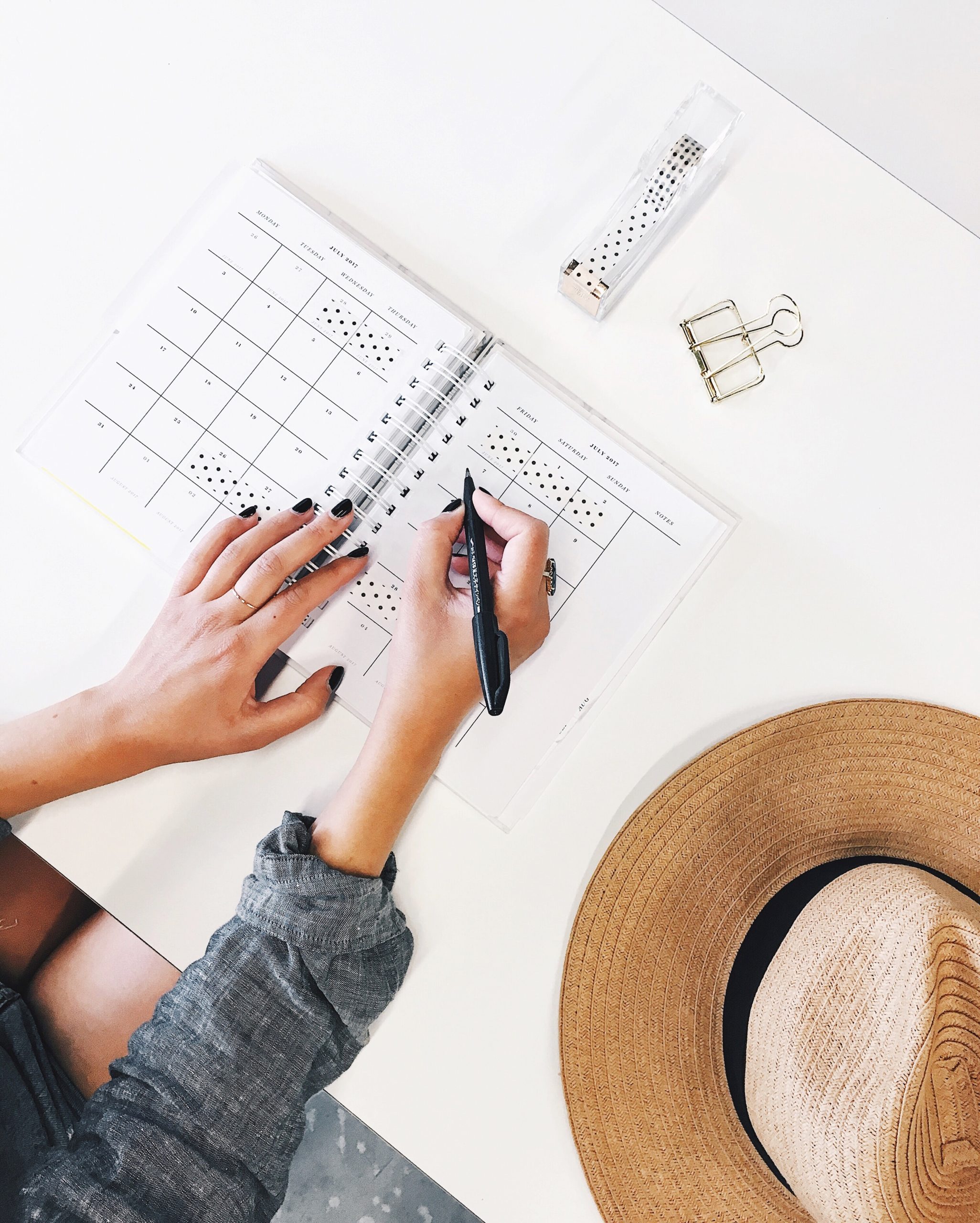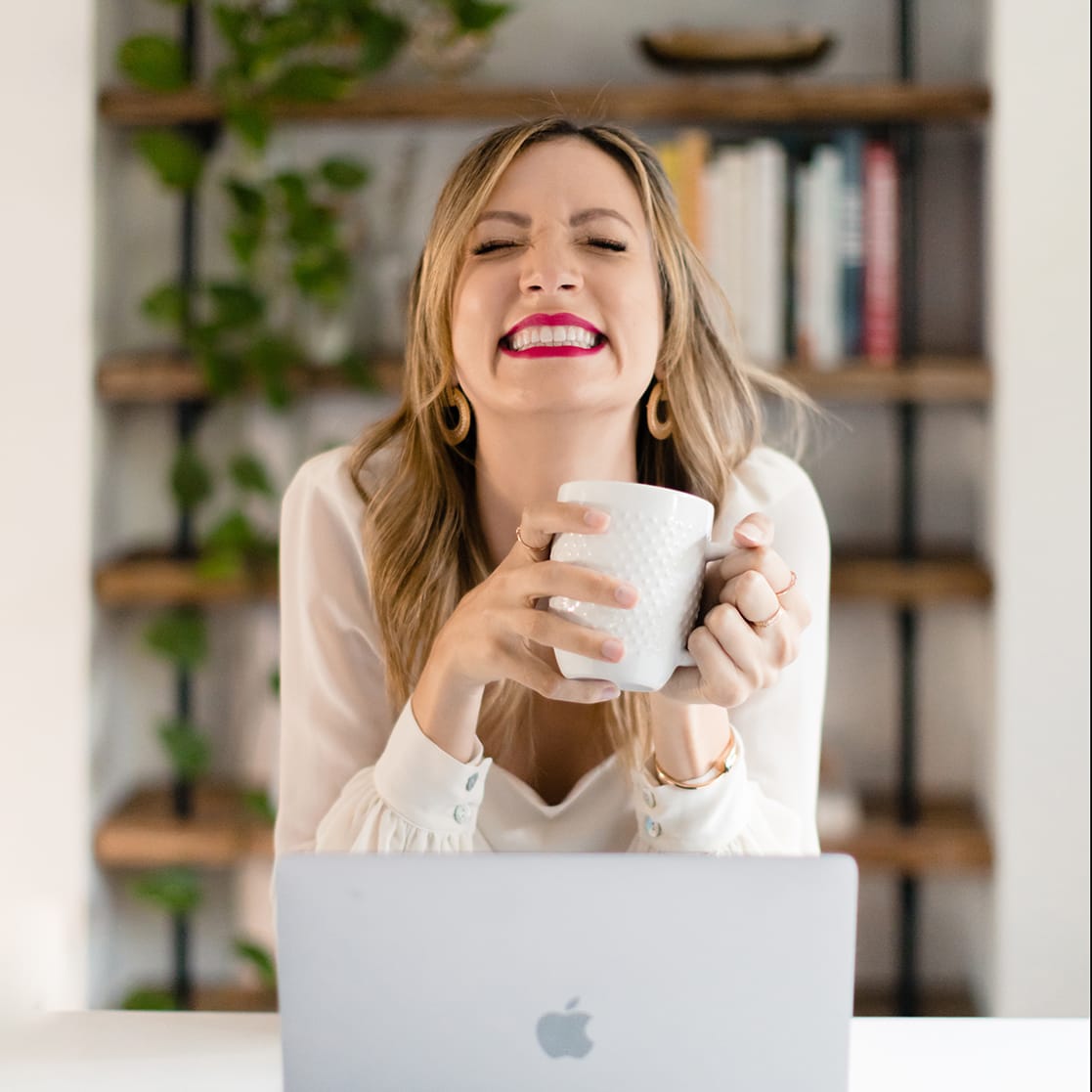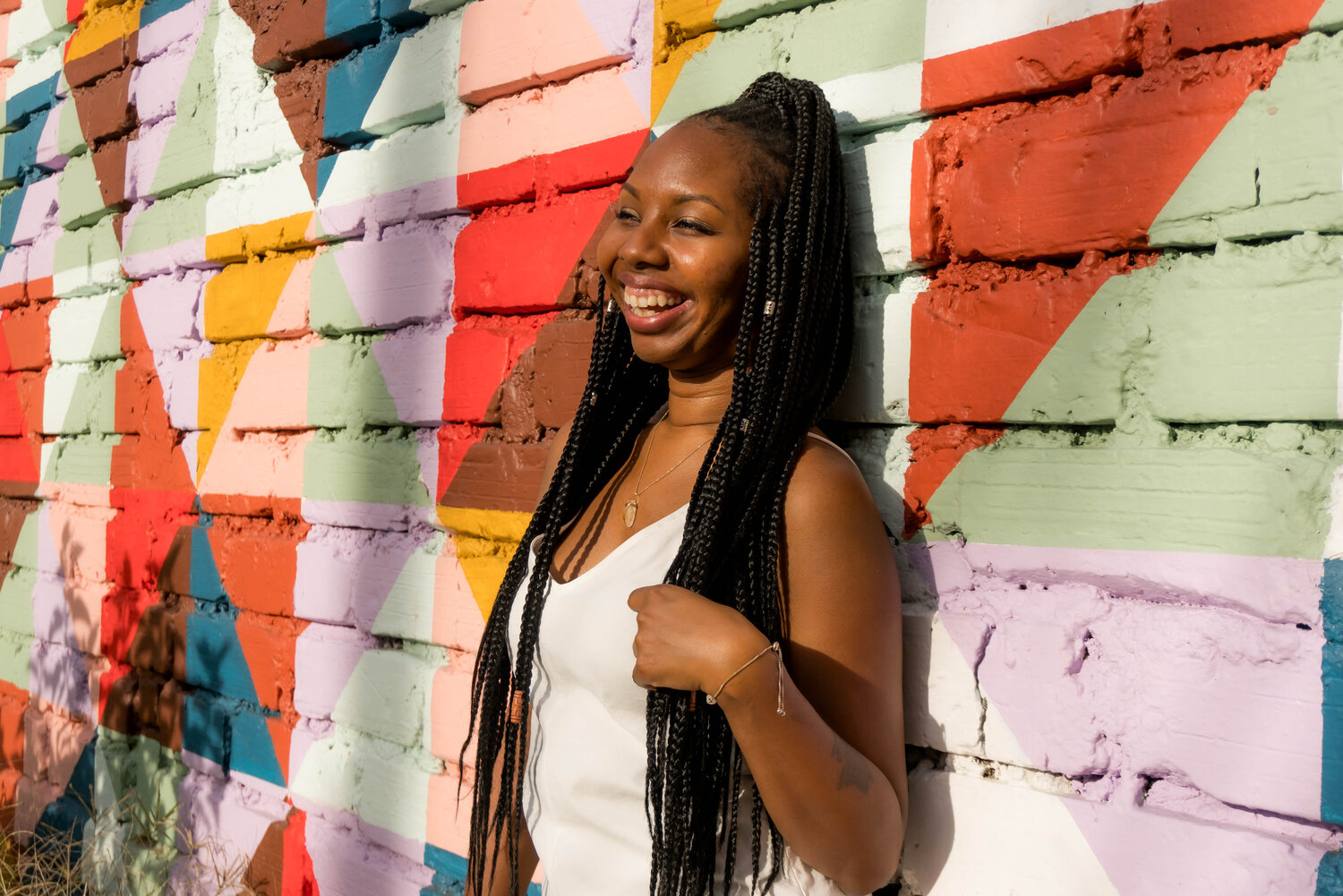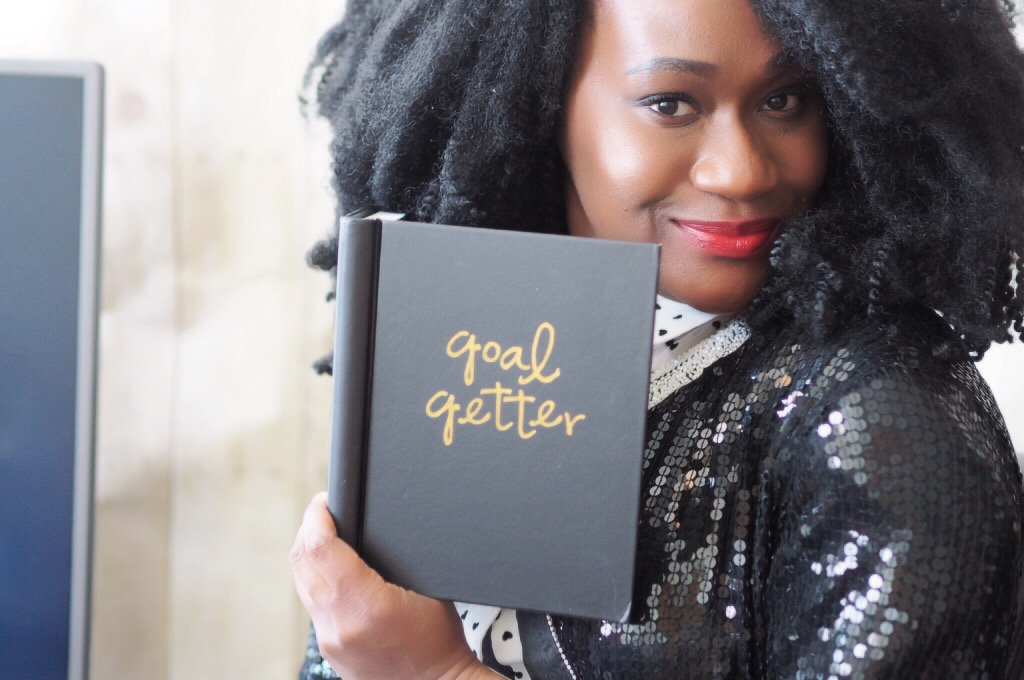Tune In to the Episode: Apple Podcasts | Spotify | Stitcher
I think that today’s episode should be required listening for basically everyone on the planet. The reason is because when we’re triggered about something, it’s really hard to be your highest, most authentic self. This episode is dedicated to helping you feel better with some stillness practices that are designed to help you come back to yourself when you’re feeling triggered or upset about something.
Being triggered happens when you have an emotional reaction due to something or someone that touches on the wounded, tender part of you that carries a particular story with it.
This typically happens on an unconscious level and when it does happen, you will have an emotional reaction to things that may seem really small. Maybe it’s a joke that a friend or family member says that you feel really hurt by or something that you watch on television or witness happen at the store. Without having awareness around what’s happening within, it can be difficult to disrupt these patterns.
I believe that our triggers provide us with an opportunity to turn down the volume of what’s happening around us so that we can turn up the volume of our inner voice and reconnect with ourselves. This way, you can show up in your life in a more empowered, connected and intentional way.
In this episode you will learn what some of my favorite stillness practices are and how you can find a daily self-connection practice that you can easily incorporate into your daily routine.
By the way, if you need some help in identifying and using your own self-connection practice, I created a FREE worksheet for you, called “11 Daily Stillness Practices to Reconnect to Your Truth.”
If you reside in the U.S. you can text the word, “Stillness” to 310-359-1519 to get the worksheet. If you are outside of the U.S. email us at hi@melyssagriffin.com to receive your worksheet, as well!
Listen to the episode below:
This episode discusses topics like…
- What it means to be triggered and why it’s really happening
- Who experiences it and the opportunity that becoming triggered presents for us
- My go-to practices when looking for true stillness
- What being still allows me to do
- What to consider when developing your own self-connection practice
- The power of journaling and how I do it without guilt or shame
Links from the episode:
- Follow me (Melyssa Griffin) on Instagram for honest conversations about business, mindset, and my life.
- Follow the Limitless Life™ Podcast on Instagram for new episode releases and wisdom on how to live a life with no limits.
How to subscribe + review:
Want to be the first to know when new episodes are released?
Also, podcast reviews are pretty darn important to the iTunes algorithm and the more reviews we receive, the more likely we’ll be able to get this podcast and message in front of more people. I’d be extremely grateful if you left a review right here letting me know your favorite part of this episode.
Share on social?
Did this episode help you expand what’s possible for your life or business? Do you think your social media followers may learn something, too? I’d be forever grateful if you shared it on social media. 🙂 If you do, tag @melyssa_griffin and @limitlesslifepodcast so I can repost you! Woohoo!
I’d love to hear your thoughts on this episode. In what ways are you prioritizing and creating a practice that allows you to connect with yourself?
Thank you SO much for being here. I’m honored to walk this journey with you. See you in the next episode!
After dozens of episodes and tons of inspiring conversations, the Limitless Life™ podcast is full of incredible examples of impactful people choosing to leave the status quo behind and step into their most limitless self. As a “thank you” for being part of this community, I’ve put together 10 of the BEST lessons guests have shared in a handy dandy guide. Click the image below to download yours for free.
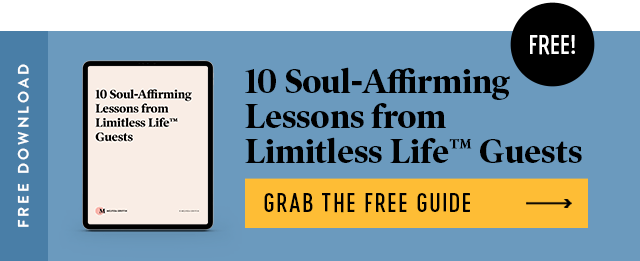
xoxo
Melyssa
Melyssa
What is up limitless lifer? Melyssa here. So today’s topic is something that I wish I knew about four or five years ago, I remember I would feel upset about something or I would feel triggered or I would feel emotional, jealous something and didn’t know how to come back to myself. I would just basically sleep it off or hope that time would help me feel better. And eventually it did. But, when I was feeling upset about something, I just didn’t know how to get right. I didn’t know how to feel better. And so today’s episode is dedicated to helping you feel better with some practices that are designed to help you come back to yourself when you’re feeling triggered or upset about something. I think that this episode should be required listening for basically everyone on the planet because when We are triggered about something. And if you’re confused by that word triggered, I’m going to explain it in just a second. But when we’re triggered about something, it’s really hard to be your highest, most authentic self. Because you go into cave person mode, and you can’t really think straight, you can’t actually come back to your highest self. So we’re going to talk about how do you come back to you? How do you come back to that most authentic, non ego driven part of you when you’re feeling upset about something? So what does it mean to be triggered about something I think of being triggered as an emotional reaction to something that’s picking at one of your core wounds. So when you feel triggered, it might be when a family member makes a comment that just really digs right into that soft part of you that is wounded, or it might be when you’re checking out in the grocery line, and it’s taken a long time. You’ve got somewhere to be, and it’s tricky. As some part of you, it’s creating this emotional reaction. And often because of this wounded place that we have inside, or maybe it’s a comment that a friend makes to you, that really just jabs at your heart, you know what I mean?
Melyssa
So we can get triggered about things that may seem really small. And the reason for that is because they’re getting that something inside of us that’s really soft, something that’s still a little bit wounded, something that carries a story with it. So if you have experienced anything in your life, that has created a story or a belief about you or about the world, if you are moving through the world and something triggers that story, even unconsciously, and usually this is very unconscious, very unconscious. But if it triggers that story or part of you, then it can create an emotional reaction or a feeling that seems disproportionate to the thing that you just experienced. Like maybe your friends At a random comment in passing that they meant as a joke. And for you, it just really hurt you. And you know logically that what they said was a joke and wasn’t really meant to hurt you. But because it’s it’s picking at that part of you that’s still very soft and wounded deep down inside, it feels painful, more so than the comment that they made. Right. So that’s essentially the experience of being triggered. And we’ve all experienced this, all of us. Some people on a daily basis, right, depending on how much awareness you’ve built inside of you, you might be triggered pretty frequently. You might be triggered at work in your relationships, in your friendships, watching the TV show, by your pet, you know, there are so many opportunities to be triggered. And I think of being triggered as really an opportunity because if you’re feeling triggered about something, then it means that there’s a little work to do. There’s a soft, wounded part of you that still a little unhealed. And so it’s really directing you to a part of yourself that you get to look at a little deeper, that maybe you get to do a little bit more work around so that you don’t have to feel that way in the future. So triggers really are a gift, they might not seem like that in the moment, but they really are a gift because they are guiding you back to yourself. your highest most authentic self is not a triggered person. Your triggers are showing you where you get to do a little bit more work to come back to your highest, most authentic self to heal those wounds that are creating the triggers in the first place. So how do we do that? Well, there are a lot of different things that you could do. But one thing that I’m going to talk about in today’s episode is developing a stillness and self connection practice. So what I’ve noticed is that most people will move through their lives without ever really connecting with themselves. Or maybe they do it every so often, but it’s extremely sporadic. There’s no routine, there’s no ritual to connect with themselves. And so it’s really easy to fall out of alignment, it’s really easy to get triggered, because you’re moving through life unconsciously, not with the self awareness that is needed to heal yourself to feel like your highest, most authentic self, right? So we will hustle through our days will fill it with a lot of stuff. And all the while we won’t take the time to actually connect to that deeper part of ourselves. And I think there are a lot of reasons for this. I think one is that we’re not really taught this in our society doesn’t really value self connection. A lot of our societies more about group think the collective and so individual thought isn’t necessarily honored all the time or practice. And another reason why we don’t always do this is I think, because we’re only little scared. It’s like, what am I going to find?
Melyssa
What am I going to find if I really connect to myself? Am I going to have to listen to some truth that I don’t want to hear? Because that can be scary to or how do I even connect to myself in the first place? That is another one. I don’t even know what to do to create a deeper connection to myself. So let’s talk about what this can look like for you in your life. What I think of when I think of creating a self connection practice is number one, turning down the volume, turning down the volume is so big, the volume in our lives is so loud. We have social media, we have our family group text, potentially who have got friends who want to hang out you’ve got me here listening to right now and other podcasts i’m sure i mean there’s volume everywhere and we are unconsciously turning up the volume on other people’s voices, and therefore turning down the volume on our own voice. And so how do we turn down the volume? How do we create less input in our lives so that we can actually start to hear ourselves?
Melyssa
Because when the volume is so loud on everything else, it’s really hard to hear your own inner voice. So the first thing is to just identify, where’s the volume turned all the way up? It’s just screaming in my ear. Is it your family? Are you giving away a lot of your decision making or power to someone or some people in your family? Or in your friendships? Or your business or relationships? Where are you turning up the volume so that you can ignore your own voice? And once you create some awareness around this, where am I turning up the volume on others and turning down the volume on me? Now you can start to create some more stillness and silence in your life. And so what does stillness and silence look like stillness not sitting on the couch, playing a game on your phone. Yes, you’re still if you’re not moving. But that’s not real stillness that not in the way that we’re talking about. The way that we’re talking about with stillness and silence is creating some kind of practice where you’re not creating input, you’re not seeking outside voices, you’re really creating a still environment where you can connect to yourself. So for me, when I’m looking for stillness, some of my go to practices are going for a drive. I love driving, like obsessed. And so the value that I get from that is I’ll go for a drive and I live near the coast in Los Angeles. So I’ll go for a drive up the coast, there’s mountains on my right, there’s water and ocean on my left, and I’ll just drive for like an hour to 90 minutes, probably three or four times a week. I do this quite often. And sometimes I will have like instrumental music on. I allow that to slip in, in my stillness time. Sometimes I’ll go silently. And I’ll just drive. And for me, the value I get is just being alone with my thoughts, being able to decompress without having any sort of input. Something else that I do is I’ll sit in my backyard, and I’ll just listen to the ambient noises, the birds, wind planes, and I’ll just essentially meditate but without all the frills. I’ll just sit there in stillness, and I get a lot of value from that too. I just instantly start to feel more connected to myself, or I’ll go for a walk and won’t bring my phone or if I do, then I’ll put it on airplane mode. And I’ll just go for a walk and observe and be with me. Another thing that I love to do is dancing. So I’ll put on some music. And I’ll just dance in whatever way my body wants to move, no judgment. No, here’s the right way to do it. No choreographed moves, I will literally just dance it out. However, I want to move in that moment. And all of these things for me create this stillness, this lack of input from others, and turning the volume up on me and this really deep self connection, because these are different modalities for me to connect with myself with my body, with my mind, my emotions, because when you’re driving or when you’re sitting somewhere, you’re journaling or something dancing, you’ll start to feel whatever’s sitting underneath. Sometimes I’ll be dancing and all of a sudden, I’m bawling.
Melyssa
And, and the reason for that is because there’s just so much it’s sitting there inside of us that we’re not Always looking at, we’re not always connecting to, or sometimes avoiding even or distracting ourselves from really experiencing. And so when we create this stillness in our lives, it gives us an opportunity to clear what’s there. Otherwise, we’ve got this like, heavy bag that we’re carrying around. And we might not consciously know what’s in the bag. But we can feel it, we can feel it because something inside of us feels heavy or something inside of us doesn’t feel aligned, or we feel like we’re holding back in our lives in some way or replaying small or shapeshifting. So that people will like us. That’s the stuff that’s in the bag that’s causing us to show up that way in our lives. So when you can create some sort of self connection practice, that is when you’re able to show up differently to clear the stuff that’s in the bag so that you don’t have to carry it around with you anymore. Hey, limitless listener. We’ll get back to the show in just a bit. But I wanted to take 20 seconds to invite you to the free at home digital retreat that I created just for you. It’s called limitless entrepreneur and it’s all about helping you to create an abundant, fearless mindset, all while growing your online business. You want to join just visit limitless entrepreneur retreat.com to register. It’s totally free. That’s limitless entrepreneur retreat.com. All right, friend back to the show.
Melyssa
So when you’re developing a self connection practice, my advice to you would be think about what are the things that you enjoy doing? That you could just start doing more without other people and in the spirit of stillness, so maybe you love to be outside? Okay, could you go for hike? Could you just sit outside? How could you incorporate that more into your life? Maybe you Also like driving great. Can you go for a drive? Is there a cool place in your area that you could drive through? Whenever you need to process your thoughts or you want to connect to yourself? Do you process really well through movement? Maybe this is something you could do with yoga or dance, or some other movement practice that you have thinking just about, what do you gravitate towards naturally? And then how can you just start doing that more, and especially when you feel triggered, or when you feel disconnected from yourself or your truth? Or when you really just want to connect to that deeper part of who you are. One other practice that I want to talk about is journaling. So you’ve probably heard me talk about journaling before, because it’s kind of like my lifeblood.
Melyssa
I have been journaling for several years now. And I do it almost every day, but I’m not rigid with it. Because I’ve tried that and didn’t work for me. I don’t know if you’ve ever created a morning routine or something, and it was very rigid and you didn’t do it one day and you felt super guilty and shameful. And so then you stopped doing it altogether. That was me. And so now I’m not rigid with my routines. I do them when I remember to, when they provide value for me, which tends to be daily, but it removes the guilt and shame from it, which I think is a really meaningful factor in actually doing the thing is to not feel guilty about it. So anyways, I journal almost every day. And it’s become this practice for me that really allows me to dig into myself. And I think the fact that I do it on a consistent basis allows me to start seeing myself on paper because who we are, is locked inside of ourselves in some capacity right until we start to free, that inner voice for you that inner peace of us. So when you start to journal on a daily basis, you will see your life Life, your patterns, your emotions, your experiences, the way that you process things, the way that you feel about the things and people in your life. You see it all on paper. Whereas Normally, we just feel it as this big blob, this big jumble of thoughts and emotions and experiences inside of ourselves. And when you can see that on paper, when you can actually feel yourself writing the same things, the same experiences, the same patterns that you have in your life, over and over again, then it creates awareness. And once you start to develop that awareness, then you really can’t unsee it. And then you get to actually do the work of healing it and processing through things that maybe aren’t serving you or even finding more gratitude and appreciation and abundance for the things that are serving you. So for me, I will just I get this question a lot of what do you journal about like, what do you even put on paper so For me, I will just open my journal and basically stream of consciousness, whatever comes out. And it’s generally about my day, my experiences that people have interacted with the things that stood out to me. I’ll journal about them. I’ll journal about how I felt cell journal about my observations. I’ll journal about how I showed up in a given situation. And I don’t journal about every little thing that I do or feel. I’ll just journal about the things that feel meaningful to me that stand out, essentially. And I will also pick up my journal if I am feeling triggered about something. If a comment didn’t sit right with me, if the way that I showed up in a situation didn’t sit right with me and I’m feeling kind of antsy about it. If something caused an emotional reaction in me in any capacity. Then I’ll pick up my journal and I’ll journal through it. I’ll spend 20 minutes just processing my thoughts, and oftentimes that will be enough to guide me back to center To guide me back to myself, because usually doesn’t take a whole exorcism to get me to feel like my authentic self again, because I journal so much, I’m able to just process through what’s coming up, feel better that I’ve cleared it. And then that bag I’m carrying is now clear and empty instead of full of all his emotions and fears and scarcity and whatnot. So I think that having some kind of journaling practice on top of your stillness practice is going to be probably one of the best things that you add to your schedule, because it’s really just going to help you process through your life help you connect to yourself and your truth in a deeper way. help you to see your patterns help you to see your experiences, and just witness, observe, feel who you are and who you want to be to see if your life and choices are in alignment, or if they’re somewhere where you can bring them more clearly into alignment. So that’s why I think journaling is such a powerful tool. It’s really something that we overlook in general, these types of self connection practices, processing our truth, processing our thoughts, witnessing our patterns, creating self awareness. And it’s such a simple thing. All you need is a pen and piece of paper, and you can journal. And now something else that I’ll say too, is that
Melyssa
when I was going through this phase of feeling really rigid about my routines and then feeling guilty about it, what I noticed was that part of the rigidity was I told myself, I had to journal in an actual notebook. And some days I just didn’t want to do that. And so now journaling to me is this concept that can actually mean a lot of different things. Sometimes journaling will be that I am jotting down my thoughts in a notebook. Other days it will be that I’m pulling out the voice memo. app in my iPhone and recording my thoughts just speaking out loud into a voice memo. Sometimes it will be calling a trusted friend and just asking them to hold space while I process through my thoughts and not asking for their advice or opinion. But just having them there to hold my thoughts with me. So the way that you journal, the way that you process through your experiences can look different. It doesn’t have to be the same way every day. And I would encourage you to add a little possibility into your routine, add a little bit of flexibility into how you connect to yourself. But when you combine that stillness that we talked about earlier, of whether it’s dancing, driving, yoga, meditation, sitting outside in nature and just observing when you combine that with actually processing through the things that come up, that’s where I think you become unstoppable because you are unstoppably connected to yourself and when you are connected to yourself in that deep of a way. You’re kind of like the person where if somebody ran up to you and tried to push you over, you would, wouldn’t even budge, you know, in an emotional way in a mental way. You wouldn’t budge because you’re so firmly rooted and grounded in yourself that nothing can really throw you off course. And it’s easy to come back to yourself when something does trigger you or throw you off course. So don’t sleep on this practice, my friend. And don’t think that stillness and self connection are nice to haves in the midst of your hustling and your busy lifestyle. Or you’re taking care of other people and disregarding your own needs. I know a lot of us do that. But this is kind of the whole enchilada. This is kind of important for you to be on an aligned path to be on a true path to make sure that your life is yours and not just mimicking what you think you have to be or trying to get approval from other people or living in a state of constant emotional distress. This is your ticket back home to you.
Melyssa
Now if you want some support and help in creating your stillness and self connection practice, then I personally created a free worksheet for you that you can get completely for free. If you text me, all you have to do is just text my phone number, it’s 310-359-1519 if you text me the word stillness, then I will send you this worksheet. So that number again to text the word stillness 310-359-1519.
Melyssa
And this is just for people in North America. So if you are international, unfortunately, I won’t be able to receive Your text message. But if you just email us so if you go to our website Hi at Melissa Griffin com, we will happily send you this worksheet for free as well. But for everyone else, feel free to text me stillness at 310-359-1519 and I will send you that worksheet. And either way, I hope that you prioritize creating a practice that allows you to connect with yourself. Sit in stillness in the world and just build more of an opportunity to process through what you experience on a daily basis because if you ever feel triggered or disconnected from your truth, this is the route back home. I appreciate you so much. Thank you for listening and I will see you in the next episode.

